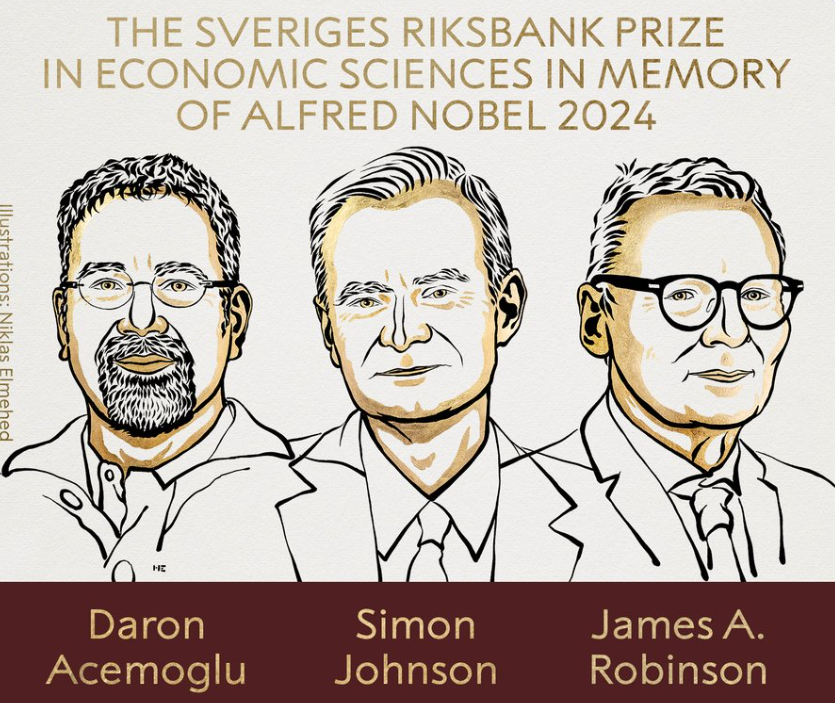by Yuen Yuen Ang
Refreshing my critique of A&R’s (Daron Acemoglu and James Robinson) take on China
While emphasizing this ➡️ AJR isn’t just wrong about Chinese development, they don’t account for fraught Western experiences either.
A&R do not define “inclusive” or “non-extractive” institutions
Liked countries: inclusive & non-extractive
China: non-inclusive & extractive
False puzzle: If China doesn’t have the right (idealized Western) institutions, why did it prosper?
Nor can AJR explain America’s early development
Which began with eminently exclusive, corrupt ins’, rather than “European form of good institutions”
In fact, US public financing relied on charters – sale of monopoly rights – as exclusive as it gets.
In fact, development isn’t a dichotomy between
The West: using “European form of good institutions”
vs.
The Rest: lacking such good institutions
Development begins with *partial* reforms, in both the West & China.
Market-building ≠ market-preserving institutions
Indeed, market-building institutions tend to look normatively wrong / backward / weak from the perspective of “European form of good institutions”.
As we move away from a Western-dominated 🌐 to a multipolar world
We must update our notions of institutions
Realize that conventional wisdom is imputed with Western-centric norms
That don’t even fully apply to Western experiences.
For a better understanding of Western (US) history
There are two scholars I recommend
Neither argues “inclusive + non-extractive” institutions is the secret sauce behind Western success
1) Richard White
Railroads made modern America
The formula: entrepreneurship + plenty of “friends in government” + exploitation of indentured labor.
2) John Wallis
Infrastructure made modern America
Formula: it wasn’t “European form of good institutions”
But a highly exclusive, risky method of taxless public financing – very similar to China today.
In short, when drawing lessons from “success” cases
Don’t only look for, emulate, celebrate “what they did right”
Recognize what they did right & wrong at the same time.















